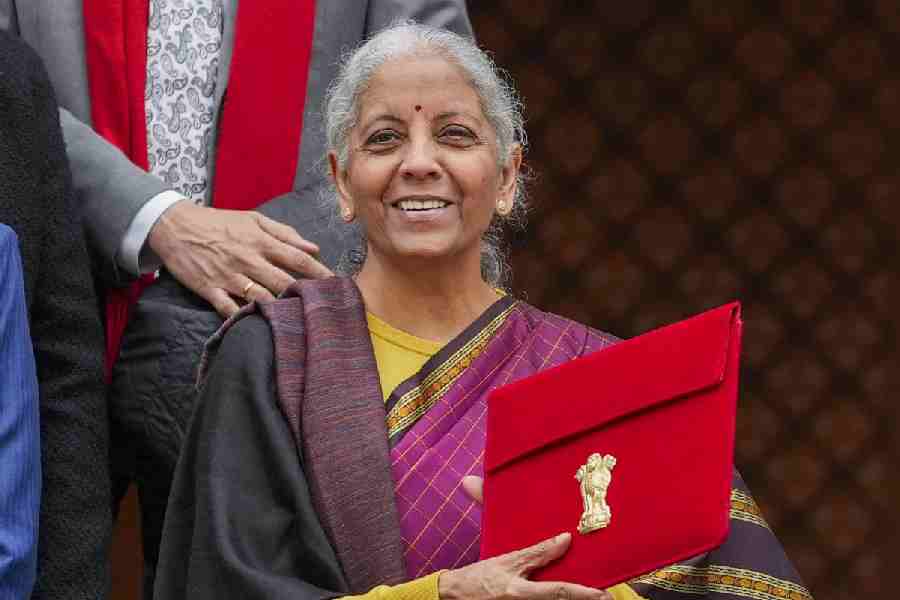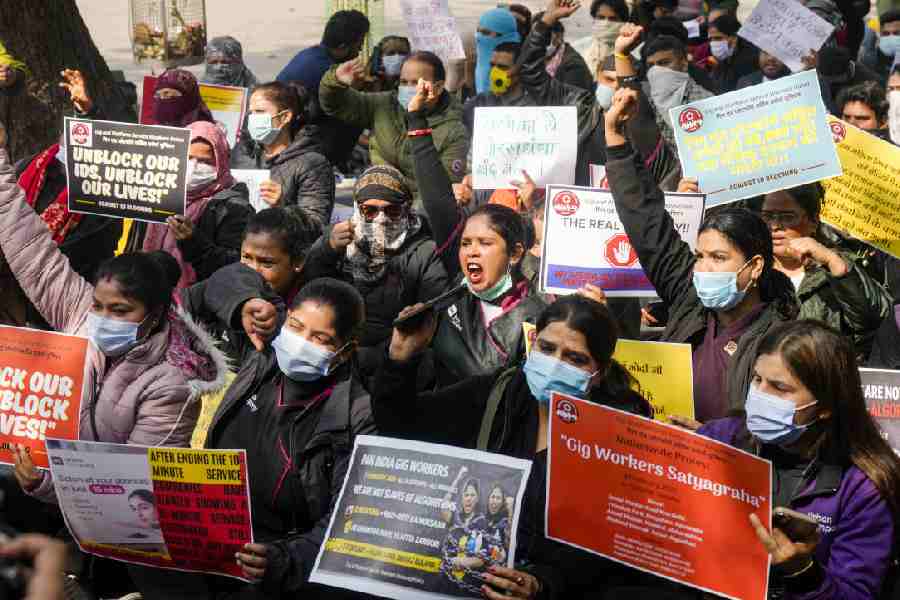Ahead of the Assembly elections communal forces are whipping up passions in coastal Karnataka. V. Kumara Swamy reports
People of Bantwal taluk, 25 kilometres from Mangalore in coastal Karnataka, cannot recall a time when religious tensions ran so high. Over the years, they have got used to the occasional communal riot, minor skirmishes and hate speeches but this is different. "You don't need to be a criminal or a political activist to get killed here. Any Hindu or Muslim can get stabbed or hacked for no reason at all. That's how bad it is," says Pradeep Rai, an auto spare parts dealer from the area.
It has been 50 days since the Congress government in the state imposed prohibitory orders in the region, but peace remains elusive. And with Assembly elections due next year, there is the uneasy possibility that in the coming days things will worsen.
Bantwal comes under Dakshina Kannada, a district known for its richly forested hills, crisscrossing rivulets, waterfalls, coconut and areca nut plantations, and scenic picnic spots. Politically, the region has the reputation of being a "Hindutva laboratory". Demographically, it has a sizeable number of Muslims - a little over 20 per cent of the population according to 2011 Census figures. The community controls some key sectors of the economy such as shipping, real estate and education.
The socio-political cleave is apparent to anyone driving down from Mangalore to Bantwal. Rows of saffron flags atop houses, shops, temples, village entrances and bus stops. And breaking their continuity here and there are green flags. "They are not mere flags but lines of demarcation between the two communities. And these lines are not limited to Bantwal alone. They have been drawn across coastal Karnataka from Mangalore in the south to Bhatkal in the north," political analyst Muzaffar Assadi tells The Telegraph over phone from Mysore.
Between May and July there have been three killings - a Muslim youth, a member of the Social Democratic Party of India (SDPI) and a Rashtriya Swayamsevak Sangh (RSS) worker. The SDPI, according to the party site, represents marginalised sections such as the poor, farmers, labourers, Adivasis, Dalits and Muslims. Vidya Dinker, a Mangalore-based social activist, doesn't mince his words. He says, "Neither side minds losing its people so long as it helps it rise."
After the killings, the blame game has intensified. Despite Section 144 being in place, the funeral procession of RSS's Sharath Madivala was greeted with stones near Bantwal. Some Hindu organisations blamed the Popular Front of India (PFI), a youth organisation known for its extremist views and its political wing, the SDPI, for the violence. The BJP's Ganesh Karnik, who is a member of the Karnataka Legislative Council, says: "Hindus don't throw stones. It is the specialty of one particular community."
The SDPI's Elyas Muhammed Thumbe, though, contests that. He has called for a ban on Hindu organisations such as Bajrang Dal, Sri Rama Sene and the RSS. He blames all communal tension in these parts to the rise of Hindutva forces in the 1990s.
BJP leaders of the region have no qualms in admitting that they have indeed hitched their stars to the Hindutva wagon. It is not unnatural that they should want to avoid a repeat of the 2013 Assembly polls, when for the first time in 20 years, the BJP suffered a humiliating defeat in coastal Karnataka. The outcome was attributed to the lack of support from the Sangh Parivar.
Anant Kumar Hegde, a BJP MP from Uttara Kannada, claims he gets votes for only one reason - "For speaking in favour of Hindus". Last year, addressing a press conference, he said that as long as Islam existed there would be terrorism and "till the time Islam is eradicated, you cannot get rid of terrorism". As silence descended on the room, Hegde smiled, wagged his finger and dared the media to print whatever he had said and promised to stand by every word he had uttered.
"Hegde hasn't been punished or told to keep quiet by his party. That's a clear signal that the party agrees with him," says Suhail Kandak, a Congress leader from Mangalore.
The rise of Hindutva has also given rise to several "reactionary" Muslim organisations. "Moderate Muslim student groups have vanished from college campuses, and organisations like SDPI are exploiting the fears of Muslims," says Vidya Dinker.
There are other ways of pressurising minority and liberal forces. For instance, leading Kannada newspaper Vartha Bharathi's Facebook page was blocked recently after Hindutva trolls alleged that it was spreading fake news. Its chief editor, Abdussalam Puthige, alleges that it is part of a larger scheme to silence the "secular and liberal" forces in the region.
According to Muzaffar Assadi, however, things have gone beyond mere scheming. He says, "The experiments are now complete and Hindu India as the Sangh Parivar imagines it to be, may some day look like today's coastal Karnataka."










